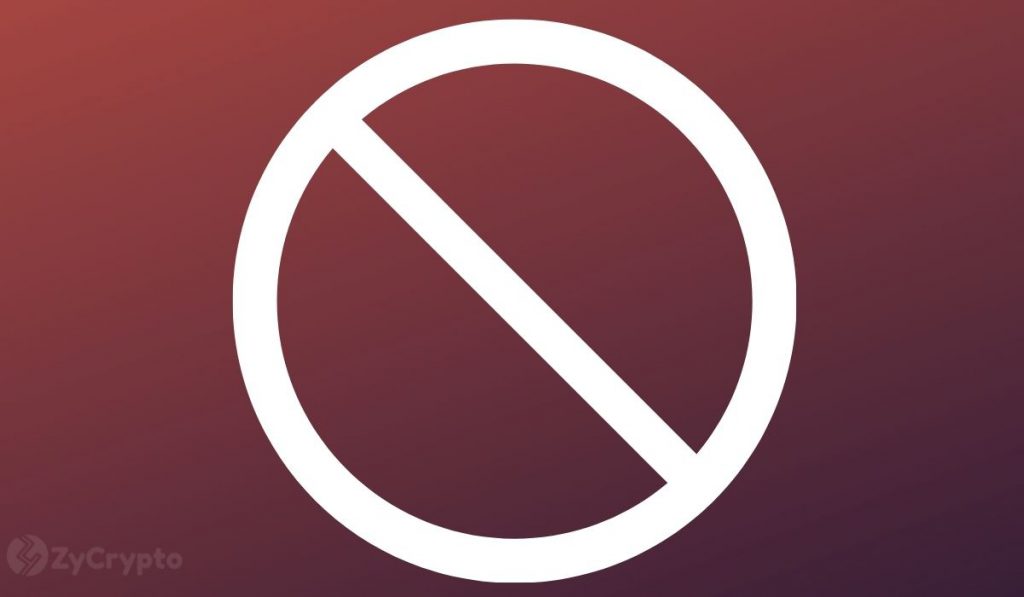- As sanctions between Russia and the EU tighten, Dapper Labs has restricted the accounts of Russian users.
- Russian users are now unable to sell, purchase or gift their digital assets on the platform, although the firm has assured users that they would not lose their assets.
- The restriction comes into effect as the EU escalates its sanctions to cover every digital asset account against its former stance of only accounts with an excess of $10,000.
Digital assets in Russia have taken major hits from all sides as the Russian government and the European Union (EU) have made efforts to restrict them following Russia’s invasion of Ukraine.
Dapper Labs has announced restrictions on several accounts targeting Russia and its nationals due to restrictions imposed by the EU. The new sanctions imposed on Russia last week go after all accounts, even the ones below $10,000 in value taking the country’s digital asset growth a step backwards.
Dapper Labs has now pulled the plug on account creation and digital wallet services of any value connected to Russia. In a press release announced by the company, it stated that it had not closed those affected accounts, but they would be stopped from trading Non-Fungible Tokens (NFTs) across all platforms with their accounts or withdrawing their balance.
The company has assured Russian users that they would still own their digital collectibles as it is not seized.
“Regardless of this new regulation, any NFT previously purchased by an impacted user continues to belong to that user, any Moments you own and any Dapper Balance continues to be your property.”
 
 
Dapper Labs has struck deals with several American and European sporting tournaments, offering users unique NFTs of sports stars including Russian UFC fighter Khabib Nurgamomedov with his UFC Strike going for $3,700.
Russia’s crypto decline
Before Russia invaded Ukraine, the country had a booming digital asset market, with Russians owning assets worth $124 billion. With over 10% of the population investing in the market, the number was set to grow in 2022 as trading volumes in March already hit $1.4 billion, slightly higher than in other months.
With the Ukraine invasion, virtual assets are now declining as top exchanges, like Binance, Crypto.com, amongst others, have complied with sanctions placed by the EU to suspend trading on all Russian accounts. To make matters worse for the industry, the Russian government has doubled its effort to regulate the markets by banning virtual currency payments in the country.


